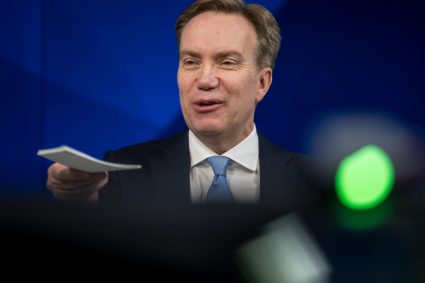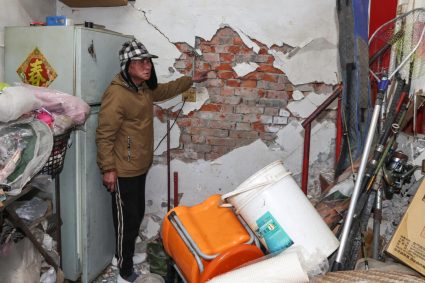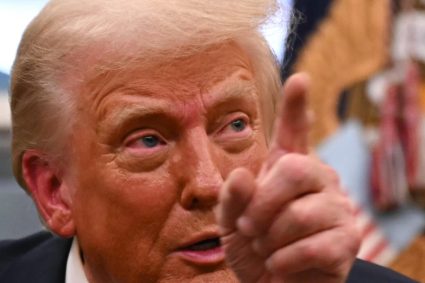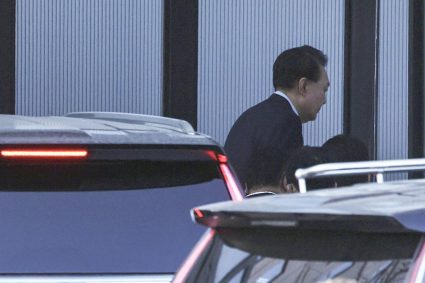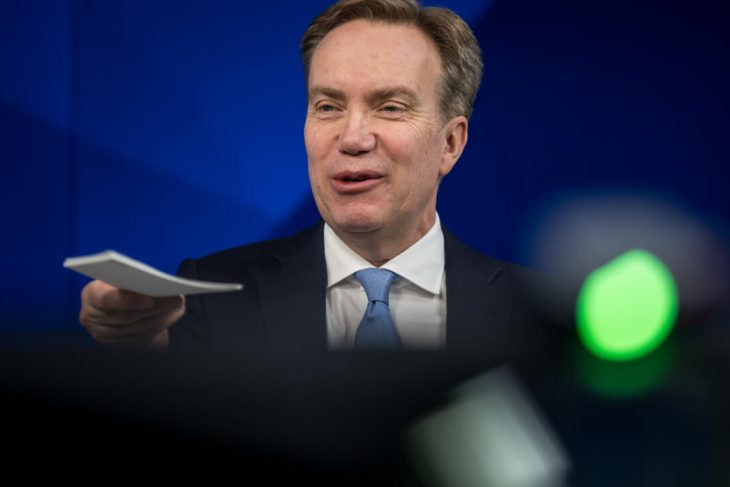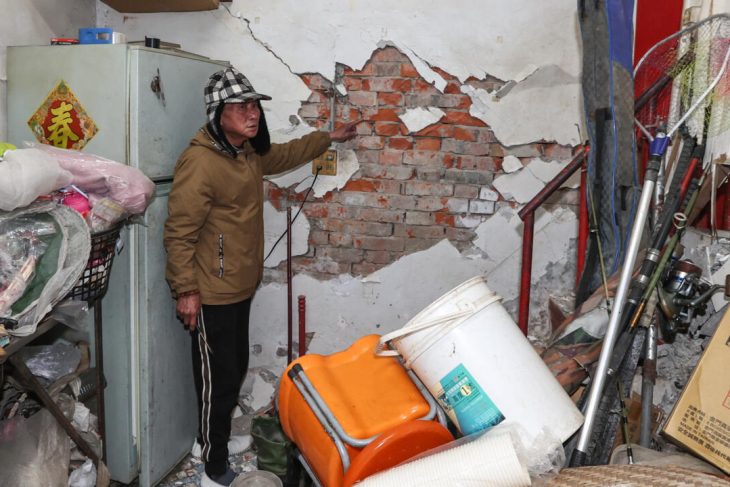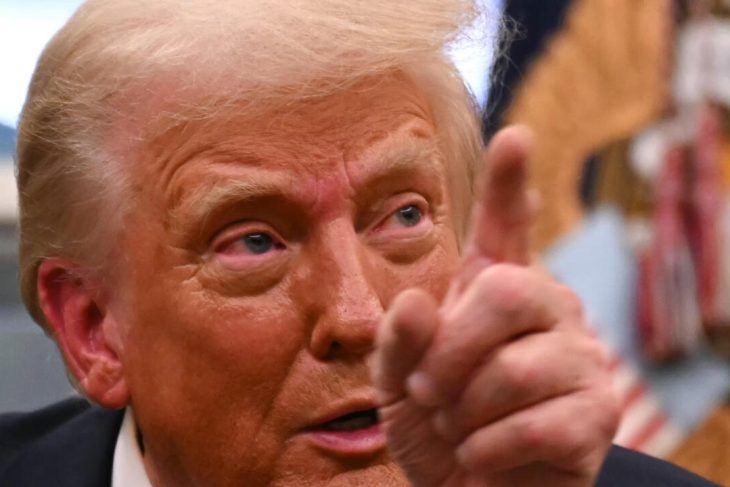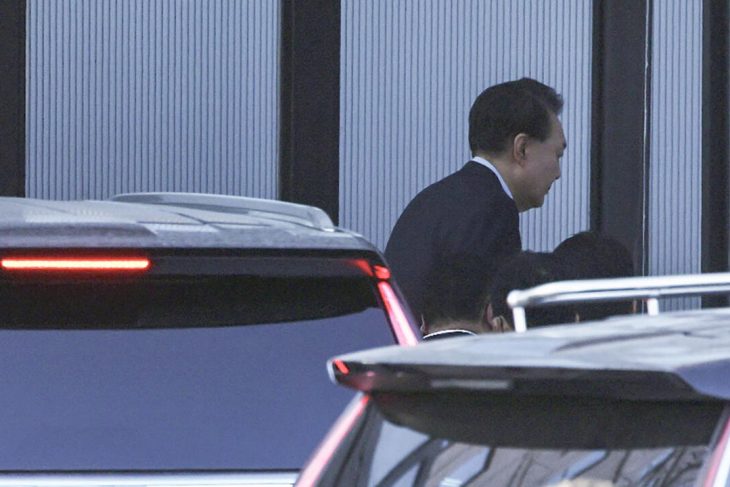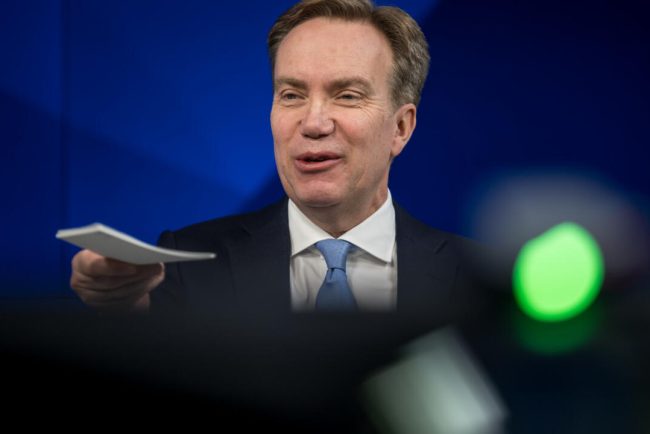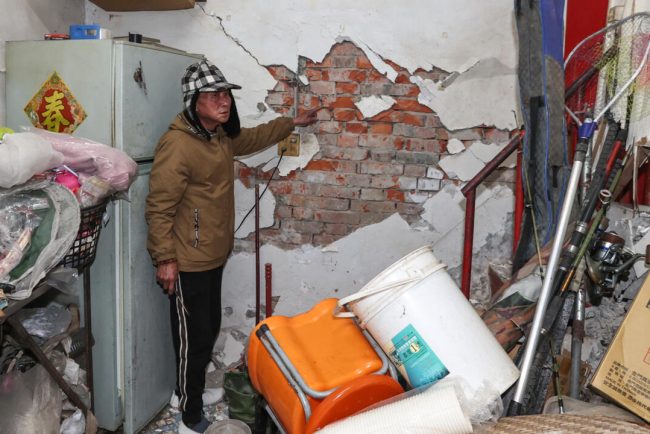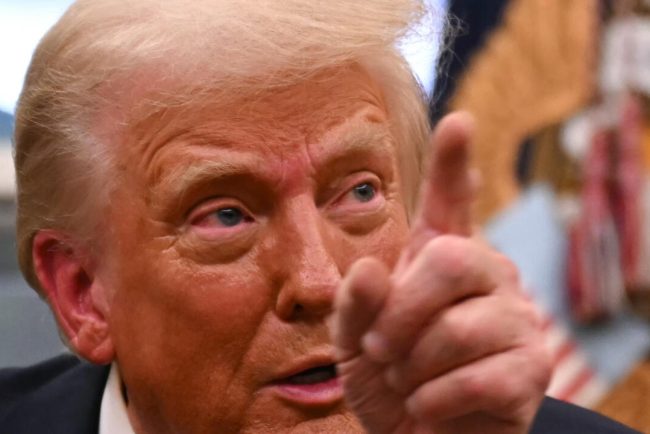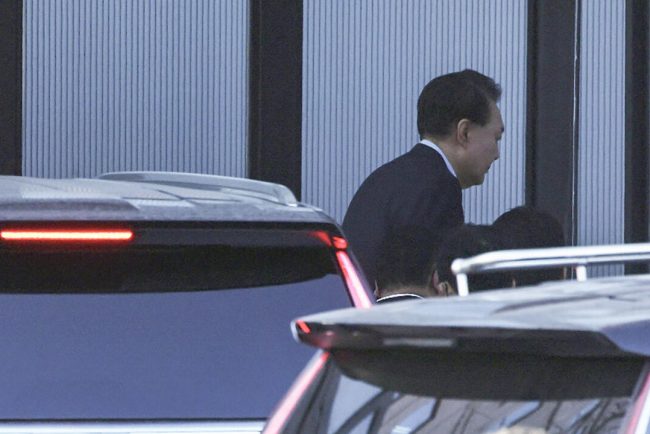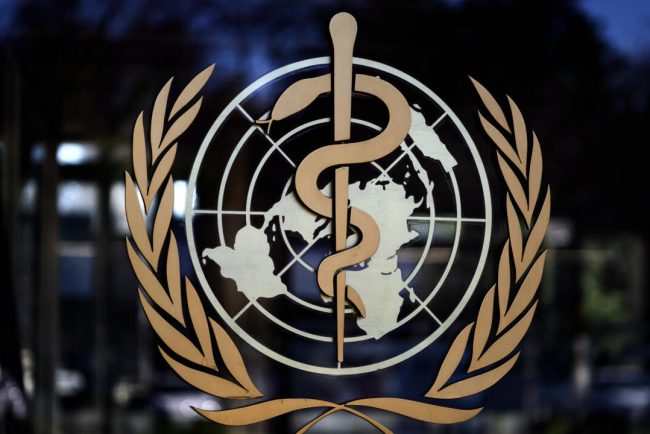The new authorities in Damascus, from the ranks of Islamist-led rebels who until several weeks ago had fought to overthrow longtime ruler Bashar al-Assad, now face the daunting task of rebuilding state institutions.
The Syrian army has effectively collapsed, much like other institutions set up by the Assad clan and their notorious security apparatuses.
The new leadership last week unveiled an accord to dissolve the myriad of armed groups operating in Syria and integrate them into the defence ministry, and has now named some prospective army officers.
A decree published late Sunday on the Telegram account of Sharaa’s General Command listed 49 people to be made commanders, in the first such announcement since the fall of the Assad government on December 8.
It said the appointments were part of efforts aimed at “the development and modernisation of the military… in order to guarantee security and stability”.
The names include former rebels, some from Sharaa’s Islamist group Hayat Tahrir al-Sham (HTS), as well as ex-army officers who had deserted to join the opposition in the early days of Syria’s civil war.
Haid Haid, consulting fellow at Britain-based think tank Chatham House, said that “the top seven highest ranks of those promoted seem to be all from HTS.”
The Syrian Observatory for Human Rights war monitor said many of those appointed were close to Sharaa, including at least six foreigners either from HTS or aligned with it.
‘Broader participation’
Haid said that “HTS has been able to position its members, as well as those who are close to it, to be the ones leading the defence ministry, the future army, as well as the ones leading the restructuring of this army.”
HTS is rooted in the Syrian branch of jihadist group Al-Qaeda and proscribed a terrorist organisation by numerous governments, but has sought to soften its image in recent years.
In its Idlib stronghold, HTS has long battled jihadists from the Islamic State group which was territorially defeated in Syria in 2019.
In Sunday’s decree, two men were given the rank of general, five were made brigadier generals and around 40 made colonels.
One of the generals is HTS’s military chief Murhaf Abu Qasra, who has been tipped to become defence minister in the transitional government.
Rami Abdel Rahman, who heads the Syrian Observatory, told AFP that “most of those who have been promoted are people within Ahmed al-Sharaa’s inner circle”.
In an interview Sunday with Saudi-owned Al Arabiya television, Sharaa admitted that so far government positions went solely HTS members of people close to the group.
However, the leader promised “broader participation” in the future.
The majority of Syrians named in the military decree come from HTS, with the rest from “allied factions”, according to the Britain-based Observatory which has a network of sources inside Syria.
The monitor said it had identified six “foreign jihadists” among those promoted, including an Albanian, a Jordanian, a Tajik, a Turk and a Uyghur who is a member of jihadist group the Turkistan Islamic Party.
Aymenn al-Tamimi, an expert on jihadist groups and the Syrian conflict, said he too had identified foreigners on the list.
He mentioned a Uyghur, a Jordanian and a Turk who “headed the block of Turkish fighters under HTS, and is now a brigadier general”.
‘New Syrian order’
Tamimi said that the inclusion of foreign fighters appears to be in line with HTS’s doctrine.
“One of the founding principles of (Hayat) Tahrir al-Sham is that the group would not betray or surrender muhajirin to their home countries,” he said, using the Arabic term for foreign fighters.
“But at the same time, it could be a problem if they’re just left there to their own devices,” said Tamimi.
“So integrating them into the new Syrian order is the best strategy that meets both ends.”
The war in Syria, which began with the Assad government’s brutal crackdown on democracy protests in 2011, has drawn in foreign armies and international jihadists — who often took up arms against each other, like HTS and the Islamic State group.
The conflict has killed more than 500,000 people, displaced millions and divided Syria into areas of influence administered by warring sides with varying levels of foreign backing.
For Haid, the promotions announced Sunday were made “unilaterally and without consultations with others”.
Sharaa, a transitional figure, “is now giving himself the authority not only to promote his own people but also to promote non-Syrians,” said Haid.
He argued that Syrians should have a say in “whether non-Syrians who participated in the fight against the regime should be given the nationality, and if so what would be the criteria for that”.
© 2024 AFP
